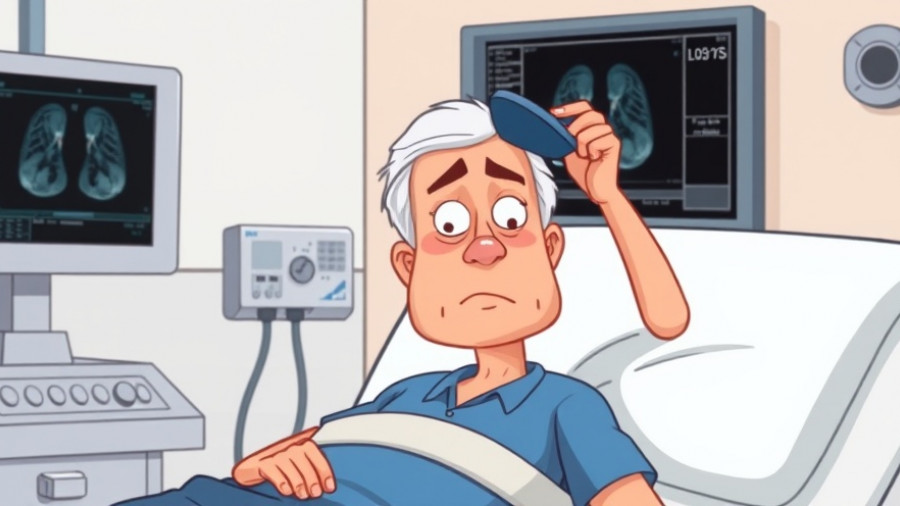
Revolutionizing Access to Care: The Pharmacist Perspective
As the landscape of healthcare continues to evolve, a new direct-to-patient approach is emerging that seeks to redefine how patients receive their medications and care. This shift is particularly vital for parents who are concerned about their children's health, especially in the context of substance abuse prevention. Today, pharmacists are stepping to the forefront, leveraging their expertise to enhance patient access and engagement.
Understanding Direct-to-Patient Frameworks
The direct-to-patient model offers numerous benefits, including more convenient access to medications for families struggling with issues like addiction. This model bridges the gap between healthcare providers and patients, enabling parents to secure vital support for their children from trusted pharmacy professionals. By fostering open dialogue, parents can gain insights on how to address substance use issues effectively.
A Pharmacist's Role in Addiction Treatment
Pharmacists are not just dispensers of medication; they are crucial players in the recovery process. In the realm of addiction treatment, they are trained to offer a range of services, from medication-assisted treatment to counseling. By providing patients and their families with educational resources, pharmacists help demystify the challenges surrounding substance abuse recovery. This effort promotes healthier lifestyle choices among youth and reduces the stigma associated with seeking help.
Benefits of Comprehensive Medication Management
One of the key advantages of involving pharmacists in the treatment process is their ability to conduct thorough medication assessments. Parents often worry about the side effects of medications prescribed for addiction recovery. Pharmacists can explain options, ensuring parents are well-informed about methods such as behavioral therapy, detoxification, and outpatient treatments. With their help, parents can develop a multifaceted approach to support their children's journey towards sobriety.
Supporting Recovery: Tools and Resources for Families
There is a wealth of recovery resources available to families, many of which are accessible through pharmacists. From addiction support groups to recovery apps, education plays a pivotal role in substance abuse prevention. Parents can utilize resources like Alcoholics Anonymous and SMART Recovery, which offer community support and strategies to aid in recovery.
Challenges in Navigating Recovery Services
Navigating the world of addiction services can be overwhelming for parents. Understanding terms like detoxification, inpatient rehab, and relapse prevention is essential. The robust support system provided by pharmacists can assist families in identifying the most suitable paths for their children while addressing any misconceptions about addiction treatment. Parents must feel empowered to ask questions and seek clarity for their loved ones' sake.
Future Trends in Patient-Centered Care
The future of healthcare will likely see a continued rise in direct-to-patient services, especially in addiction treatment and overall well-being. As pharmacists expand their roles, families can expect a more personalized approach to healthcare that emphasizes education and support. With tailored recovery plans and clear interventions, parents can foster skills that empower their children to make healthier decisions.
Conclusion: The Call to Action
For parents grappling with these critical issues, engaging with pharmacists as vital partners in health care can provide a pathway to successful addiction recovery. If you or a loved one is struggling with substance abuse, don’t hesitate to connect with a local pharmacy for resources and guidance. Together, we can pave the way for healthier futures.
 Add Row
Add Row  Add
Add 




Write A Comment